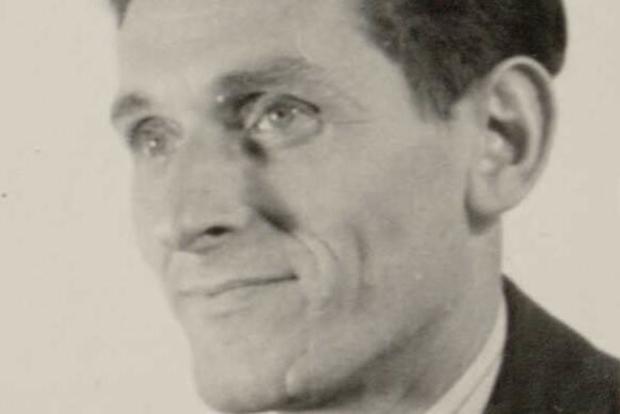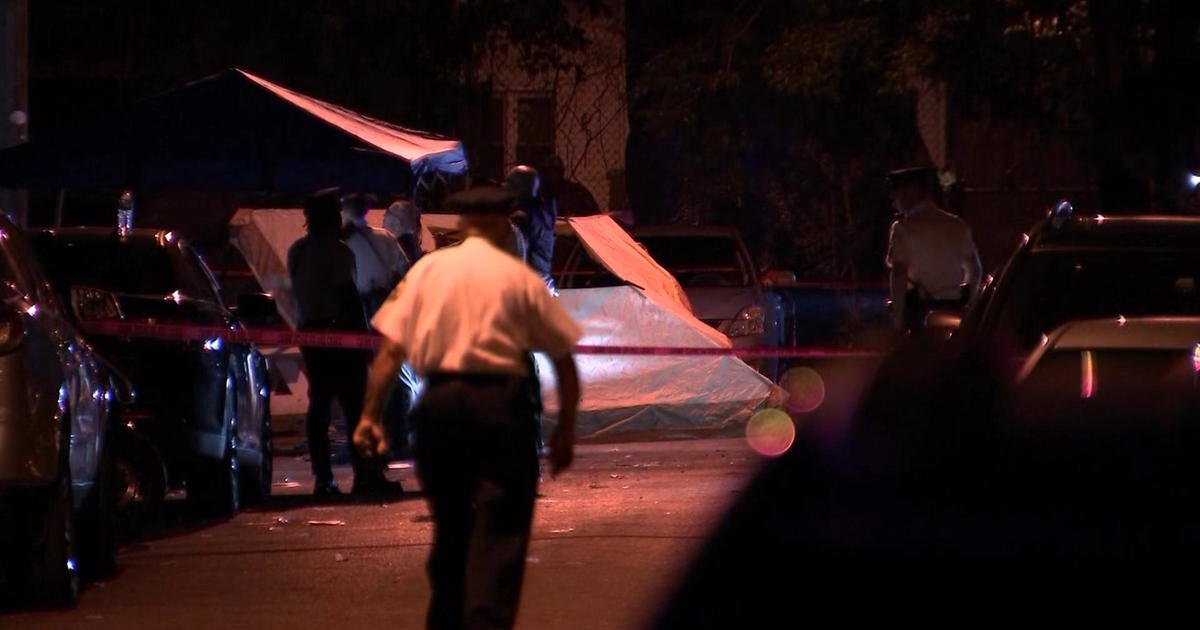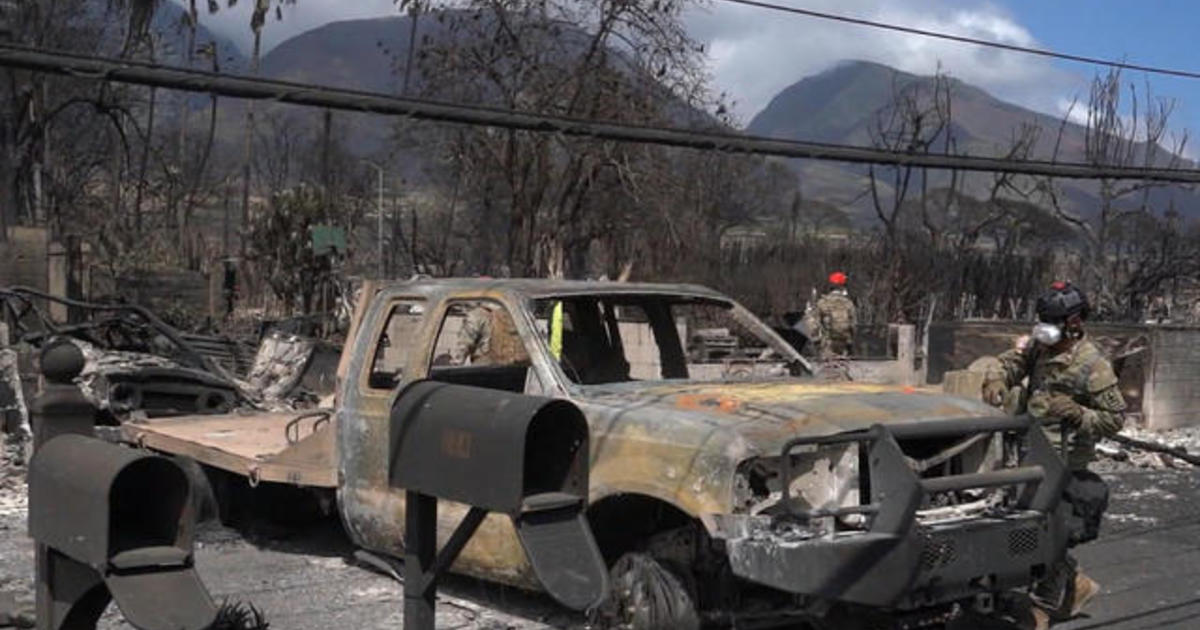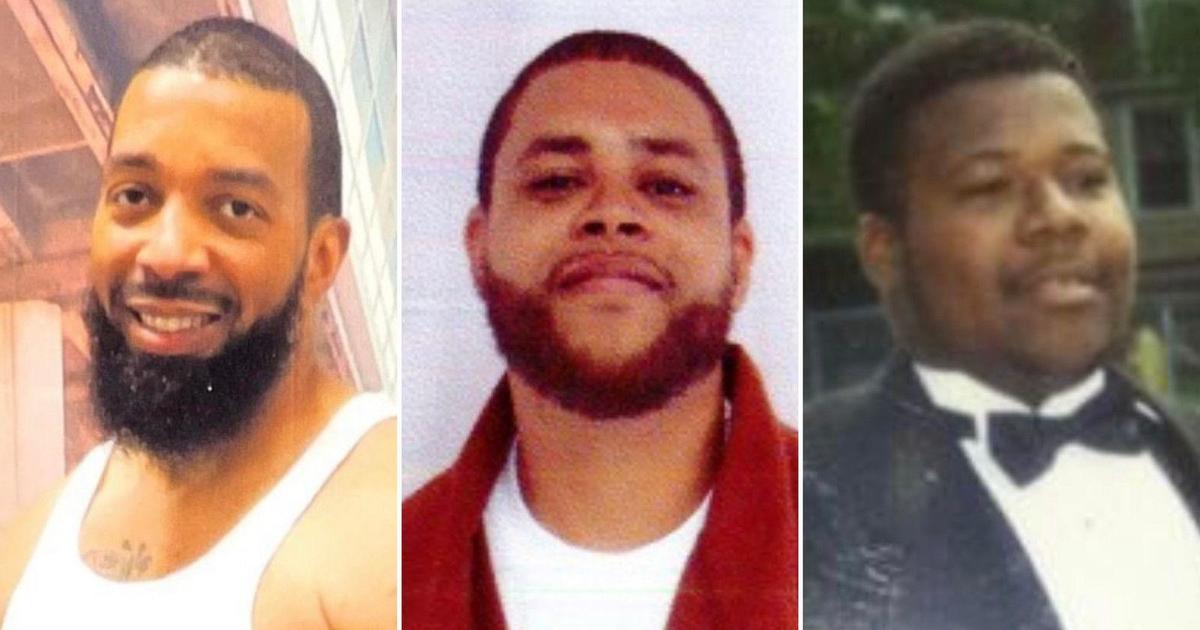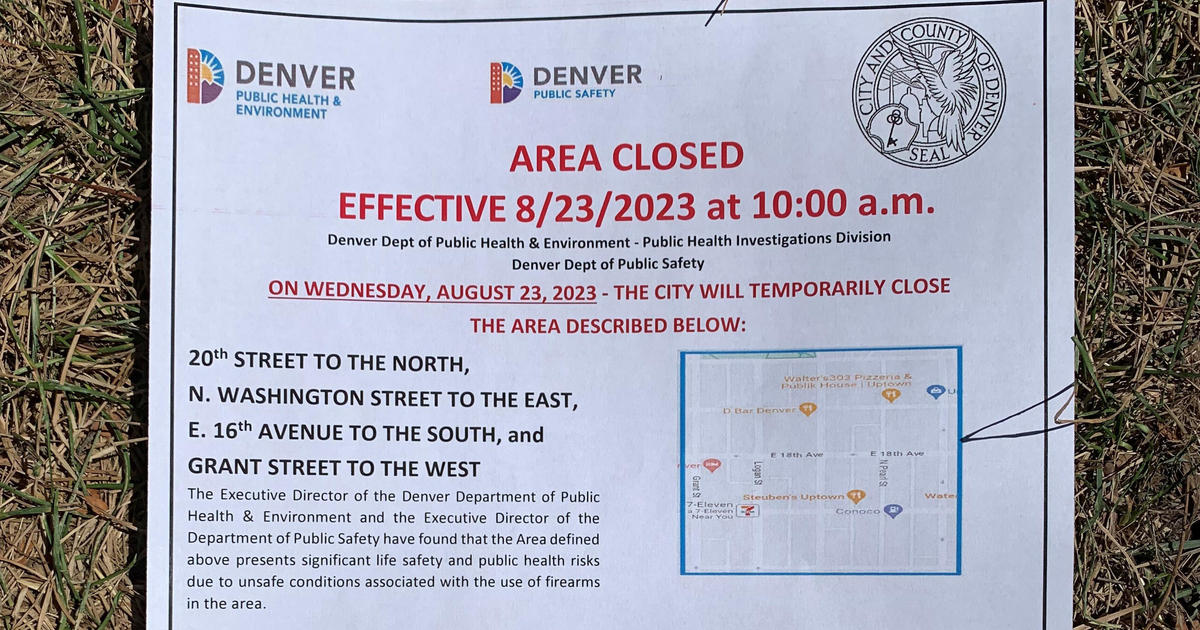Mysterious remains found in Netherlands identified as Bernard Luza, Jewish resistance hero who was executed by Nazis in 1943
Eighty years after his execution by Nazi occupiers, Dutch forensic investigators have finally identified the mysterious remains of a man as that of a Jewish resistance hero named Bernard Luza, investigators said Wednesday.
Luza, 39, was shot by firing squad in 1943 after he and hundreds of other Jews and their relatives were arrested following a raid on a factory in northern Amsterdam on November 11, 1942.
His body was discovered in 1945 in a grave with four others, buried at a shooting range near Schiphol Airport.
Two of the bodies were quickly identified as Theodorus Cramer and Carel Abraham, and a third body was identified in 2013. But the two others, including that of Luza, remained a mystery.
Since 2013, Luza's remains have been buried in a nameless grave at the National Field of Honor in Loenen, Dutch officials said.
"Now, through the use of DNA technology employed in a relationship study, his (Luza's) remains were finally identified," said Geert Jonker, head of the Dutch defense ministry's forensic unit specializing in identifying human remains.
"It happened after a cousin of Luza was traced in Australia," Jonker told AFP.
"After more than 80 years, his relatives finally have certainty about the fate of their missing family member.
"We are happy that we could give Luza's relatives some clarity on what happened to him," Jonker said.
Luza, a member of the Dutch Communist Party and People's Militia, joined the resistance after the May 10, 1940 Nazi occupation.
"Seen as the leader of a resistance group, Luza was accused of distributing an illegal underground newspaper and calling on people to commit sabotage," the defense ministry said in a statement.
"He was sentenced to death after his arrest in late 1942 and a last appeal for clemency was turned down," it said.
Luza was executed on Feb. 15, 1943, by firing squad.
His wife, Clara, and young daughter Eva were murdered in the Sobibor concentration camp after the raid. They were killed just two months after receiving a farewell letter that Luza wrote them before he was executed, officials said.
His father Solomon and five of his brothers and sisters also perished in the Auschwitz and Sobibor death camps.
More than 100,000 Dutch Jews were killed during World War II.
for more features.
